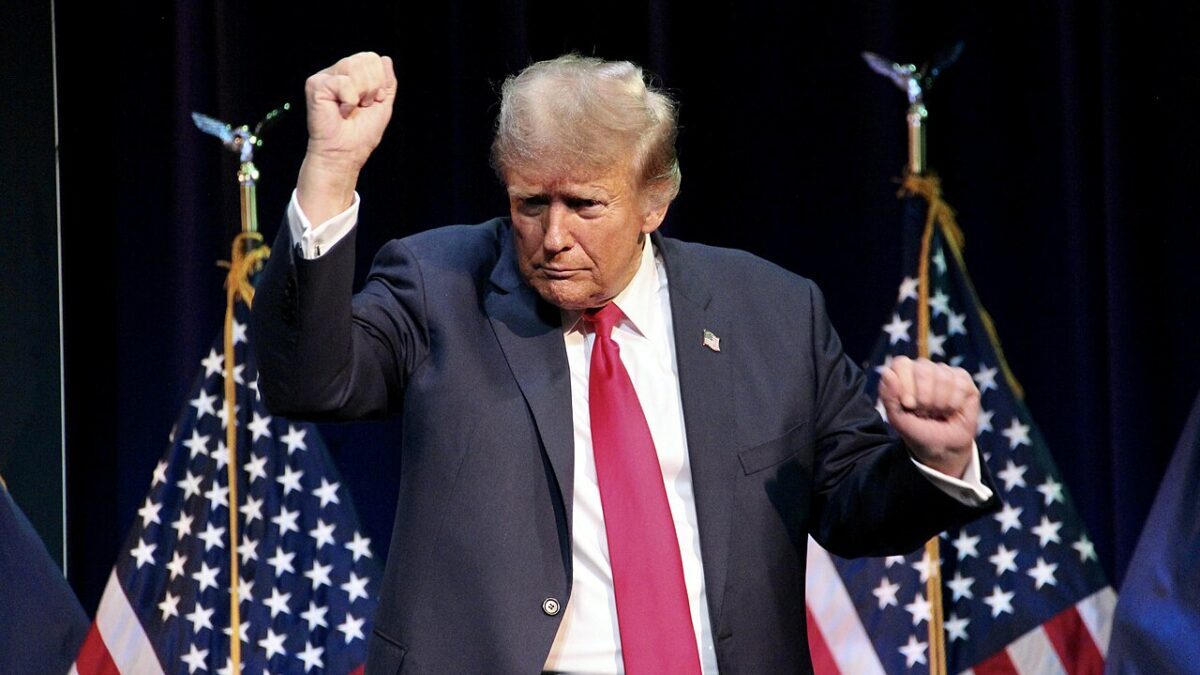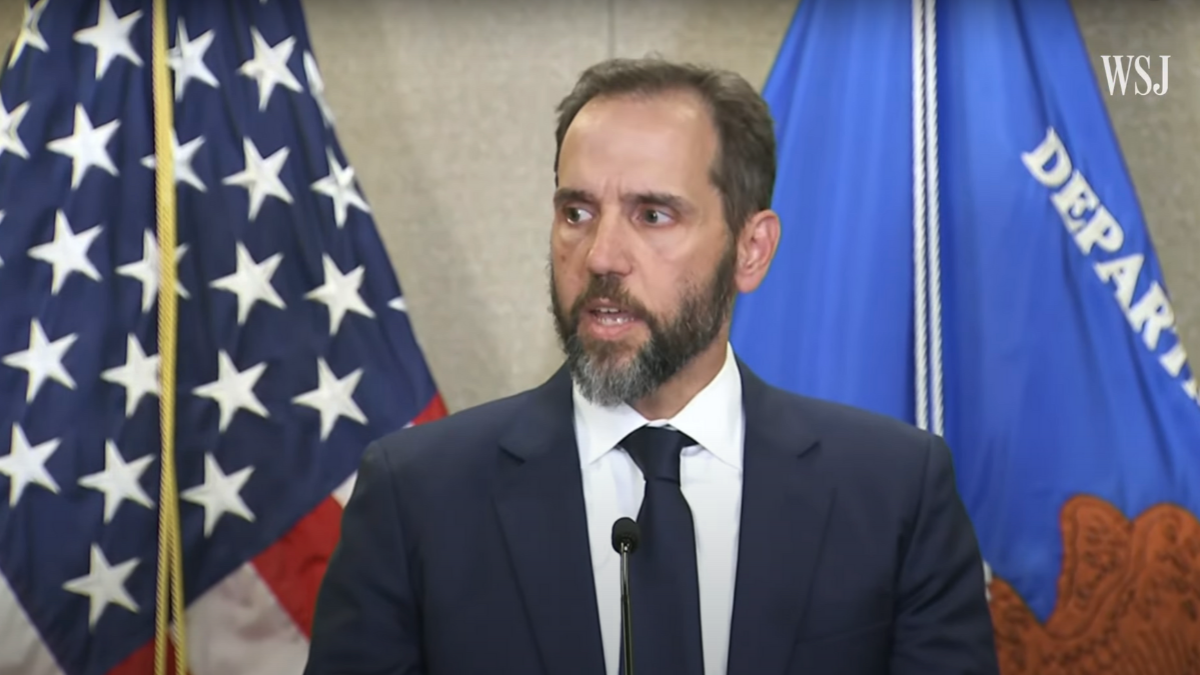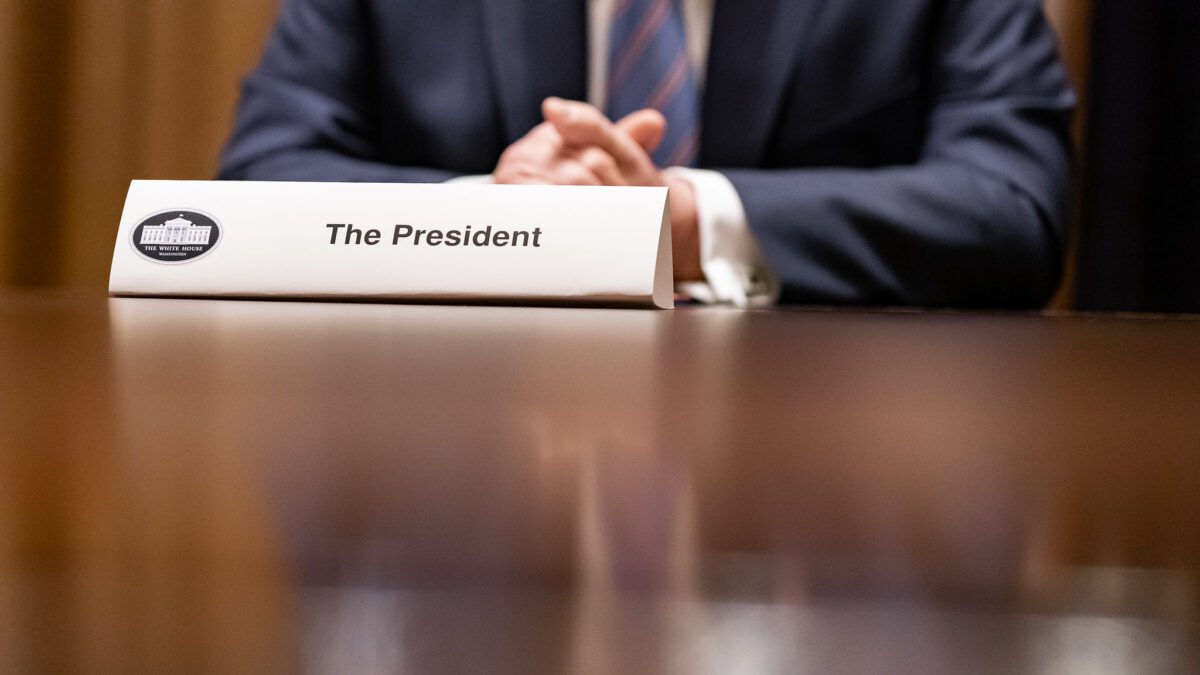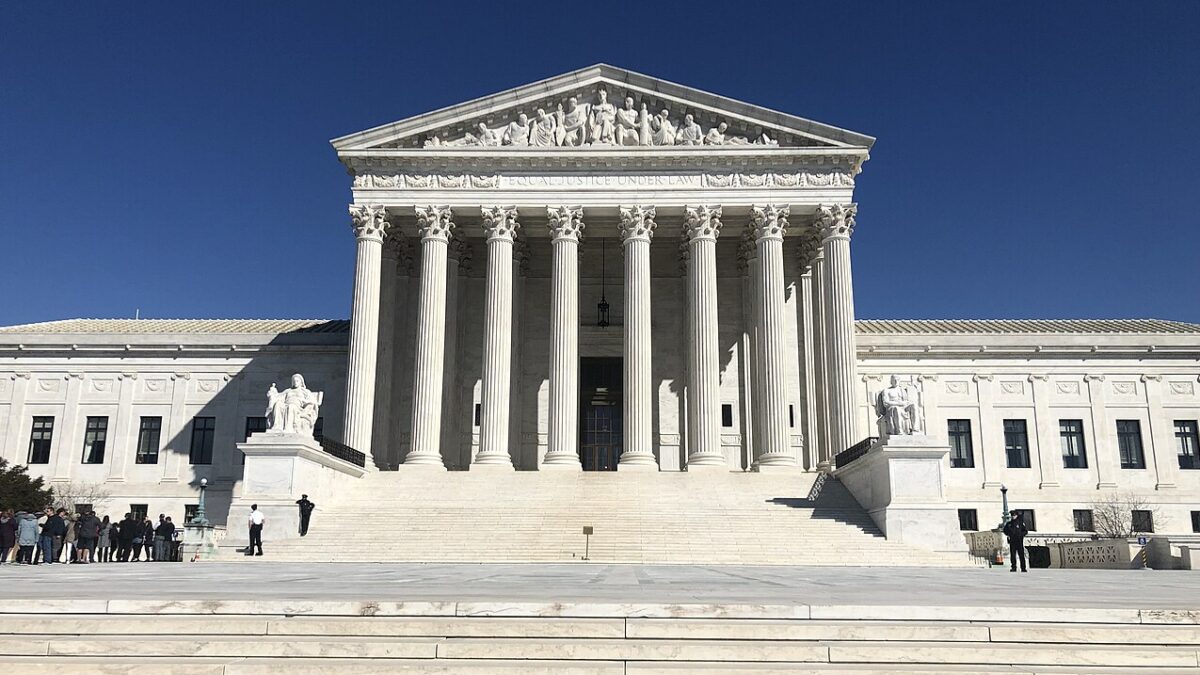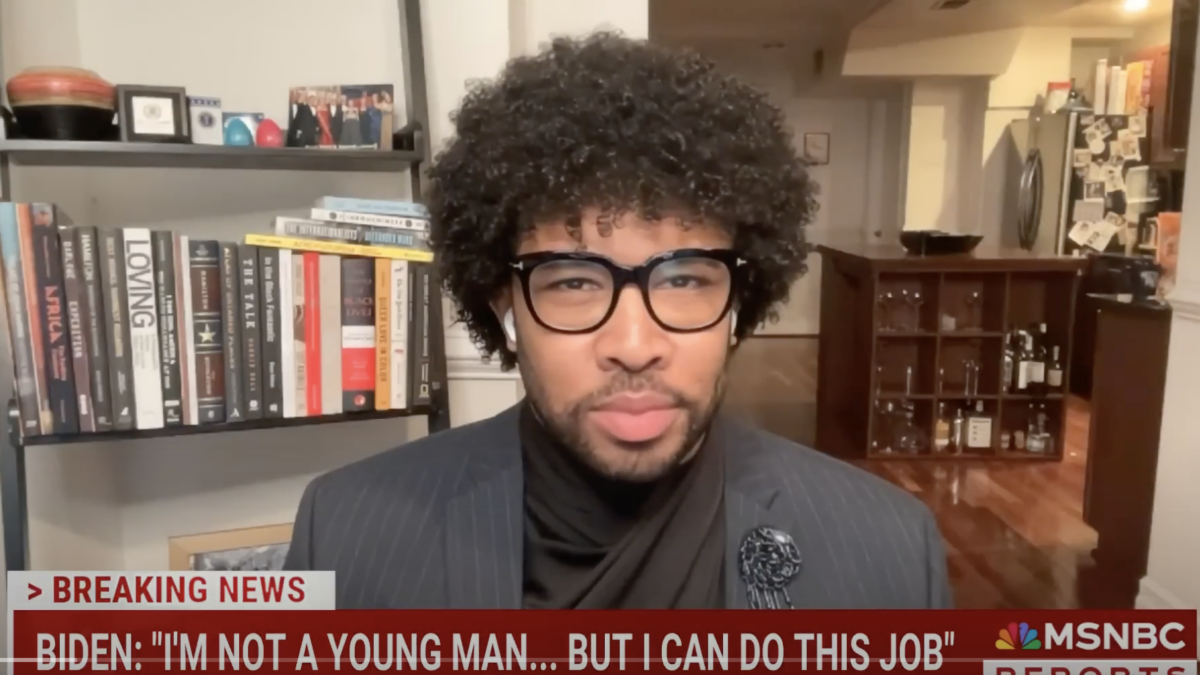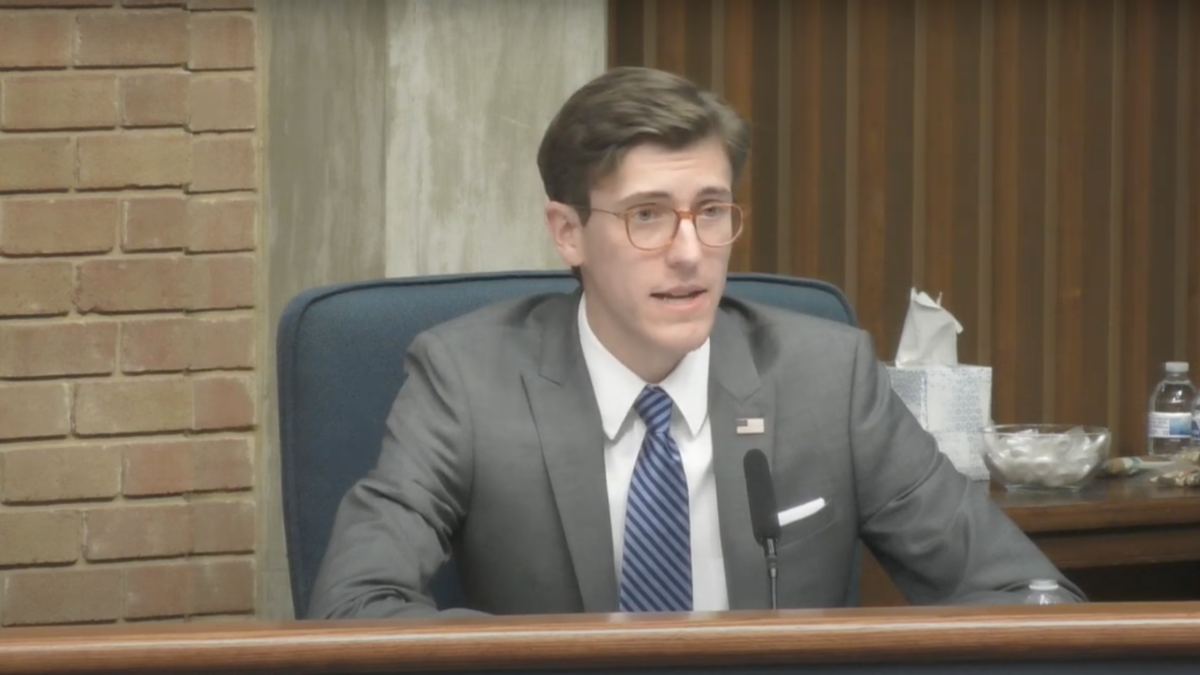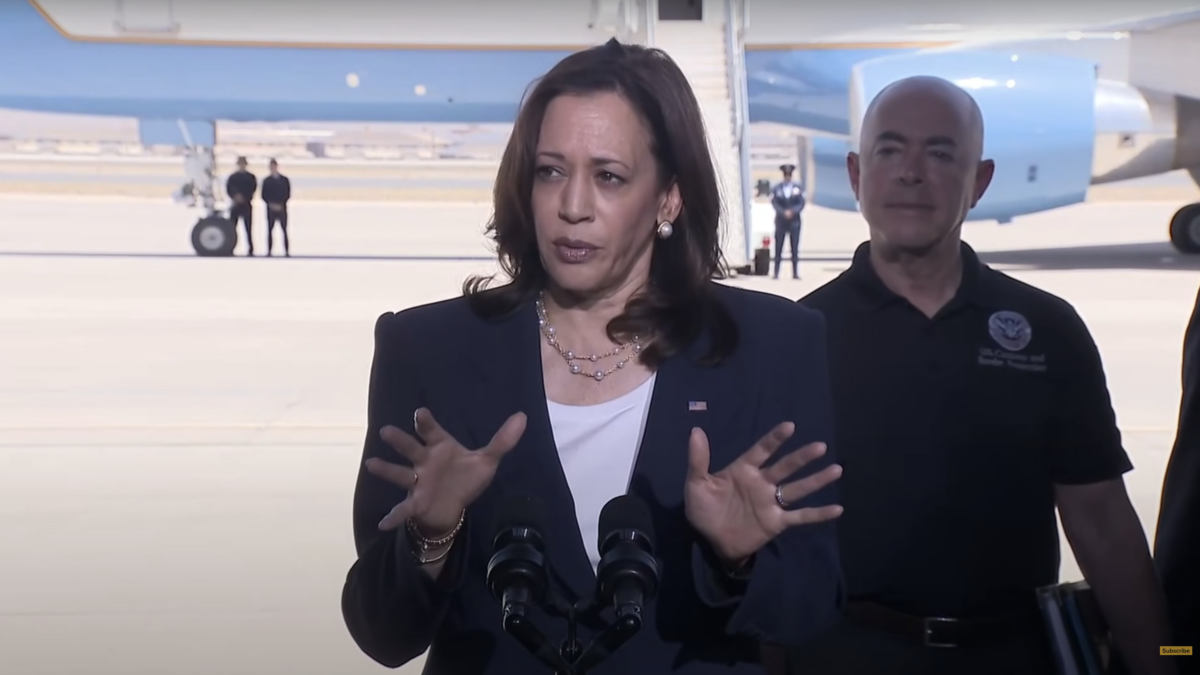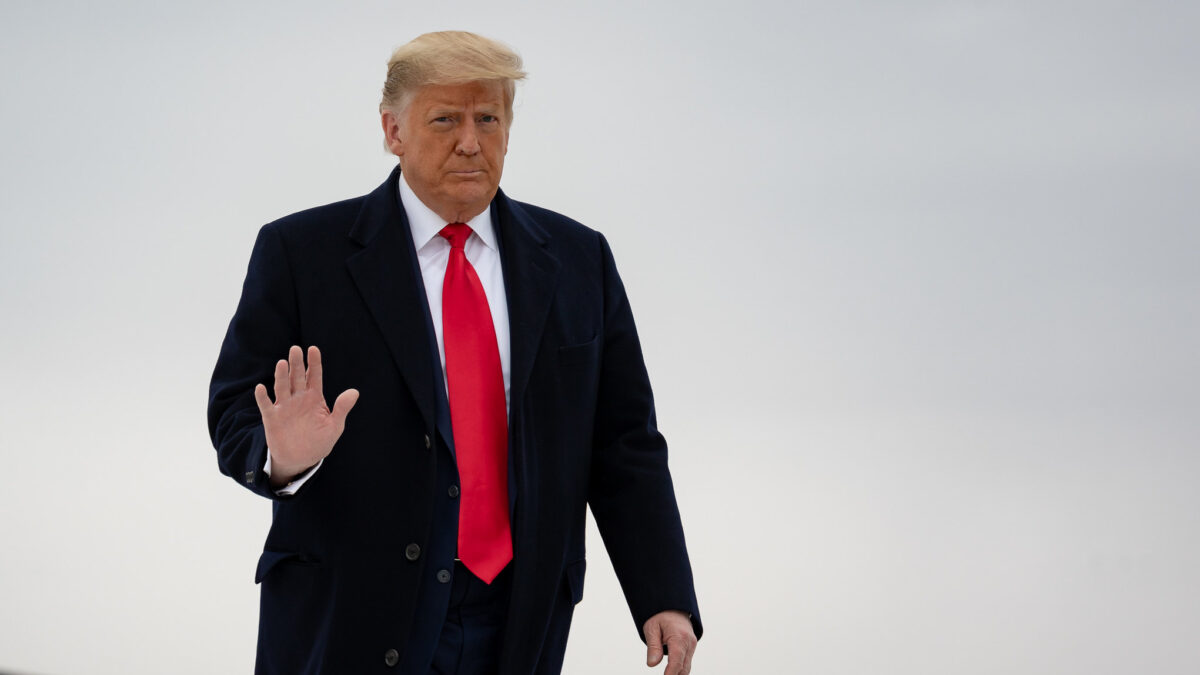
Missouri Attorney General Andrew Bailey filed a lawsuit Wednesday against New York alleging in part that the lawfare trial against former President Donald Trump violated Missourians’ First Amendment right “to hear from a presidential candidate in the 2024 presidential election,” as stated in a press release announcing the suit.
In a lawfare case brought by a D.A. who campaigned on taking on Trump, the former president was found guilty by a New York jury in May on 34 charges related to a crime that “nobody can quite articulate.” Following the Supreme Court’s immunity decision, Trump’s team moved to overturn his conviction, and Trump’s sentencing was delayed until Sept. 18, less than two months before Election Day. In the lawsuit, Bailey filed a motion for a preliminary injunction, asking the Supreme Court to stop any further proceedings related to the New York lawfare case until after the election.
“New York has brought transparently weak charges for the transparent purpose of trying to impose political damage against Trump and trying to restrain his ability to campaign in advance of an election forecasted by the polls to be very close,” the suit alleges.
Bailey’s complaint also takes issue with a gag order placed on Trump by Judge Juan Merchan, who is a Biden donor. This order prohibited Trump from criticizing Merchan’s daughter, a Democrat political operative who, according to Bailey, stood to benefit “financially” from a Trump conviction. The order also prohibited Trump from criticizing the reliability and motivations of the witnesses involved in the case — like convicted liar Michael Cohen — and even one of the prosecutors, Matthew Colangelo, who surrendered his high-ranking role in Biden’s Department of Justice “specifically so he could go prosecute Trump,” the suit says.
“This lawfare is poisonous to American democracy. The American people ought to be able to participate in a Presidential election free from New York’s interference. Any gag order and sentence should be stayed until after the election.”
Bailey alleges that Manhattan District Attorney Alvin Bragg brought charges against Trump “for the purpose of assisting Joseph Biden’s campaign by trying to inflict political damage against Trump and trying to restrain Trump’s ability to campaign.”
The suit first argues that the “gag order and impending sentence unlawfully impede the ability of electors to fulfill their federal functions.” More specifically, the lawfare threatens Missouri electors’ ability “to become fully informed before casting their ballots.”
Bailey’s second argument is that the gag order and sentencing “violate the Purcell principle,” established when the Supreme Court ruled in 2006 in Purcell v. Gonzalez that “Court orders affecting elections, especially conflicting orders, can themselves result in voter confusion and consequent incentive to remain away from the polls.” According to Bailey, the lawfare against Trump creates confusion for both electors and voters.
Bailey’s final argument is that the gag order and impending sentencing “violate the First Amendment rights of Missouri citizens to listen to the campaign speech of a specific individual on specific topics.”
“Right now, Missouri has a huge problem with New York. Instead of letting presidential candidates campaign on their own merits, radical progressives in New York are trying to rig the 2024 election by waging a direct attack on our democratic process,” Bailey said in the press release. “I will not sit idly by while Soros-backed prosecutors hold Missouri voters hostage in this presidential election.”
Trump currently faces several other lawfare charges, including attempts by Biden’s own Department of Justice to jail Trump for allegedly mishandling classified documents as well as for his speech on Jan. 6, 2021. He also faces separate charges in Georgia and is currently appealing a separate New York case in which he was ordered to pay hundreds of millions of dollars for “defrauding” hypothetical victims.
Missourians, and by extension all Americans, should be able to participate in the 2024 presidential election without having their ability to cast informed votes threatened by anti-Trump lawfare, the suit contends.


